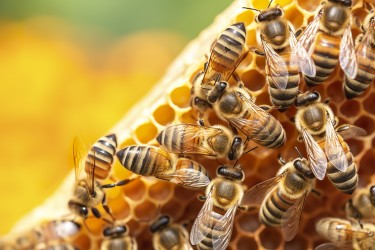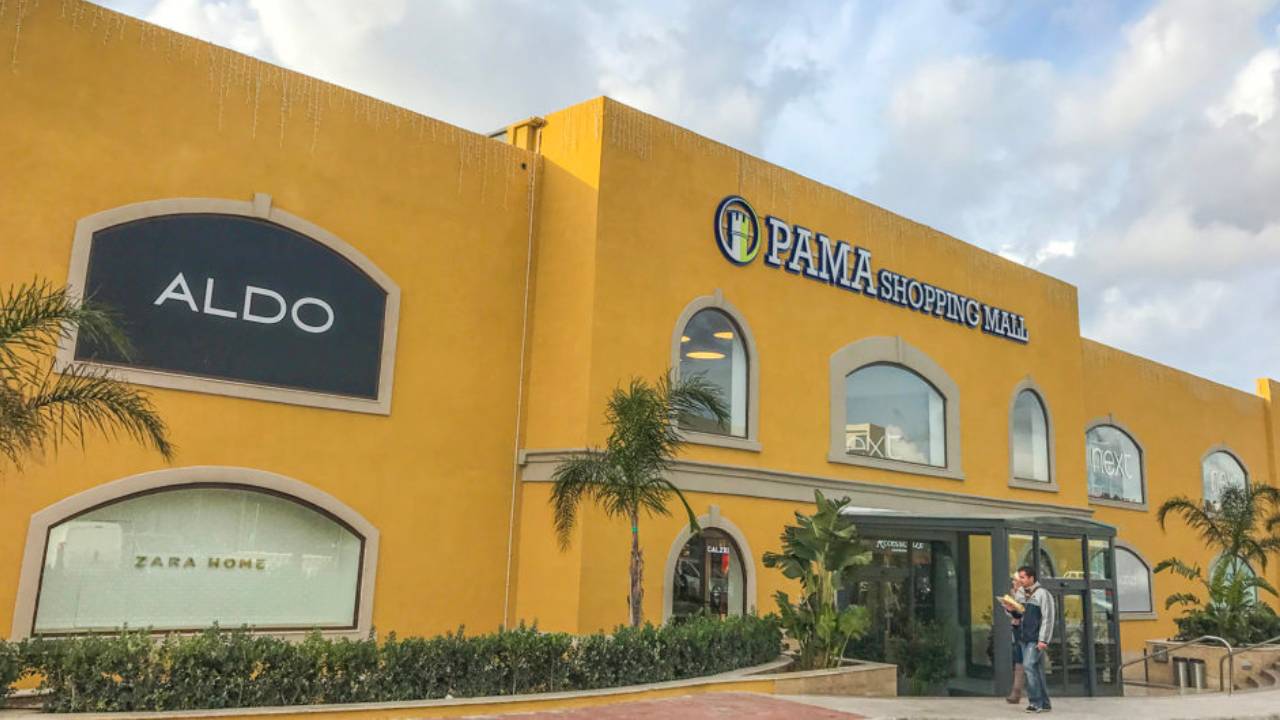The Malta Business Bureau (MBB) has been an active organisation for almost 30 years and has been effectively involved in both EU policy matters as well as various projects, serving as an energetic voice for business interests and its stakeholders, namely The Malta Chamber and the Malta Hotels and Restaurants Association (MHRA). One part of the MBB’s ongoing efforts in terms of EU-funded projects is the ERASMUS+ Eco-Honey project, which officially started towards the beginning of this year.
The question is, why is the Eco-Honey project necessary, and why is MBB involved in particular? The project was created within a Mediterranean consortium of several countries with the aim to address multiple challenges facing the beekeeping sector in the region. These challenges include declining bee populations, lack of sustainable practices, and the need for better marketing and production techniques in the organic honey industry. Bees play a crucial role in pollinating many of the crops that constitute our food supply, and their decline could have severe ecological and economic impacts. By promoting sustainable beekeeping practices, the Eco-Honey project aims to support both the environment and the livelihoods of those involved in honey production.
With its role as an active advisory for Maltese businesses, MBB is optimally positioned to drive the Eco-Honey project forward. The team’s deep understanding of the local business landscape, coupled with their experience in EU policy, makes the MBB a valuable partner in this European-wide initiative. MBB’s involvement also ensures that Maltese beekeepers have access to the resources and support needed to adopt sustainable practices and compete effectively in the organic honey market.
Eco-Honey’s primary objective is to bolster the competitiveness and sustainability of the beekeeping sector. This will be achieved through several key initiatives:
- Comprehensive Training: Providing beekeepers with the knowledge and skills needed for organic honey production and marketing.
- Raising Awareness: Educating the public about the ecological and cultural significance of bees.
- Encouraging Sustainable Practices: Promoting environmentally friendly beekeeping methods.
- Strengthening the Organic Honey Market: Helping producers increase their market presence and influence.
To accomplish these goals, Eco-Honey will develop a comprehensive training program that includes:
- A Learning Model: Structured training to guide beekeepers through the process of organic production.
- Three Detailed Handbooks: Covering organic production, marketing, and beekeeping practices.
- A Guidebook on Organic Honey Certification: Helping producers navigate the certification process.
- A Trainer’s Manual: Equipping trainers with the tools to educate beekeepers.
- A Digital Learning Platform: Providing accessible online training resources.
- An Interactive E-Library: Offering a repository of information and best practices.
Eco-Honey presents a significant opportunity for Malta. By fostering collaboration between beekeepers, chefs, producers, and other stakeholders, the project can help to further stimulate Malta’s reputation as a producer of high-quality food products. The project’s emphasis on sustainability also aligns with Malta’s broader environmental goals, contributing to a greener economy.
The project’s recent research phase, involving 62 participants across the EU, highlighted a strong demand for practical training in organic honey production and marketing. With the foundations of the learning model now being developed, Eco-Honey is well on its way to delivering tangible benefits to beekeepers and consumers alike. This research phase has provided valuable insights into the needs of the beekeeping community, ensuring that the training programs are tailored to address real-life challenges.
Looking ahead, the Eco-Honey project has the potential to serve as a model for similar initiatives in other regions. The comprehensive training materials and digital resources developed through the project can be adapted and used by beekeepers across the Mediterranean and beyond. This scalability ensures that the project’s impact extends far beyond Malta, contributing to a broader movement towards sustainable agriculture and environmental conservation.
The Malta Business Bureau’s involvement in the ERASMUS+ Eco-Honey project underscores its commitment to supporting local businesses and promoting sustainable practices. By addressing the challenges facing the beekeeping sector, the project aims to create a more competitive and environmentally friendly industry. The comprehensive training programs, community engagement efforts, and future prospects of the Eco-Honey project all seek to bring this local economic community together by working towards more sustainable practices.
Stay tuned for updates on the Eco-Honey project by following the MBB’s website and social media pages as well as the website and socials dedicated to the project itself.
PG’s revenue approaches €200 million
Record revenue for PG plc as supermarkets and franchise operations continue to grow amid competitive pressures
The power of compounding
An investment of $100 into Berkshire Hathaway in 1965 would have grown to a current value of over €4.3 million
How the CYBER+ALT Scheme fortified SMEs
Through the CYBER+ALT Grant Scheme, SMEs will be assisted through non-payable grants to part-finance their investment in cybersecurity measures







